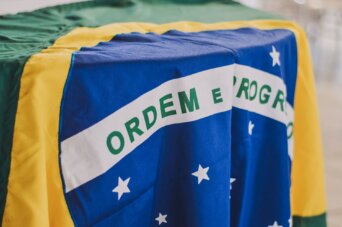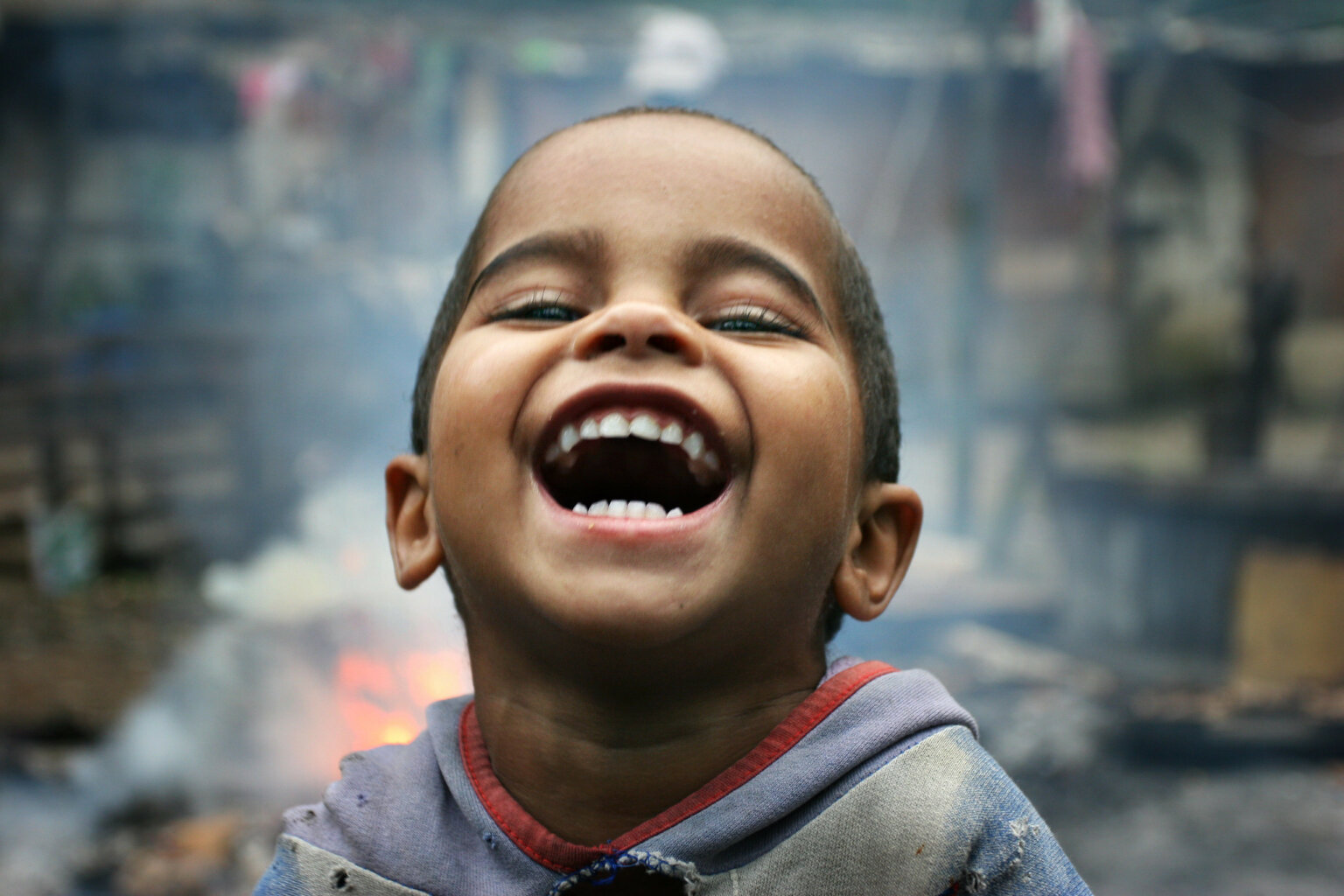- About
- Topics
- Picks
- Audio
- Story
- In-Depth
- Opinion
- News
- Donate
- Signup for our newsletterOur Editors' Best Picks.Send
Read, Debate: Engage.
| topic: | Election |
|---|---|
| located: | Brazil, Chile, Peru |
| editor: | Ellen Nemitz |
The feeling of novelty is widespread in Chile this week. On Sunday, 19 December, the close-call elections were finally decided in the second round and the leftist candidate, Gabriel Boric, was elected with nearly 55 percent of the votes for the mandate starting in March 2022. The 35 year-old deputy won the battle against the right-wing extremist, Jose Antonio Kast, and became the youngest president in the country’s history. He inherits the progressive atmosphere that has enveloped Chile since the first massive protests began in 2019, which lead to the rewriting of the constitution and now to a big political switch.
Crowds gathered in the streets while the ballots were still being counted - and Boric was already winning - to celebrate. "Hope won over fear," Boric said during his first speech, full of promises of a government committed to tackle inequalities, gender-based injustices and environmental destruction, as well as fighting for human rights and listening to all opinions, including those from the opposition.
Following the results in Chile, and previously in Honduras and Peru, the expectation of a new leftist wave in Latin America arises. The ascension of Boric and leftist values in Chile may influence the upcoming elections in Brazil.
Even though the elections in Brazil will be held in October 2022, the presidential race has already begun. The first surveys indicate an easy victory - maybe in the first round - of former president Luiz Inácio Lula da Silva over the current president Jair Bolsonaro and other pre-candidates.
On one hand, this means that Brazil could soon celebrate, like Chile, the victory of hope over obscurantism. Lula is, by far, better accepted by international leaders, more keen to protect the environment and to fight against poverty.
On the other hand, Lula does not represent a fresh new start for the country. He has been president twice - from 2003 to 2010 - and his party has been involved in a series of scandals that ultimately paved the way for the ascension of extremism and the election of Jair Bolsonaro, after a doubtful process of corruption investigation that was later annulled by lack of exemption.
Lula is definitely not part of the "millennial left," as certain election specialists have called the movement. The 76 year-old politician has gone through a developmental process and comes to the 2022 elections more politically mature, aware of the responsibility of gaining the votes of those who would previously reject him without hesitation. He is even willing to form an alliance with the right-wing politician Geraldo Alkcmin as a vice presidential candidate in an attempt to catch moderate voters. However, he could face some difficulties in overcoming old beliefs and adapting to a new era: one example was his support of Daniel Ortega, the Nicaraguan dictator, whom he compared to the German Chancellor, Angela Merkel, who has been democratically in power for 16 years.
Lula will probably bring Brazil out of obscurantism and of a four-year nightmare in which the country has lost international respect. However, he must do so while looking to the future and learning both from his own mistakes and from other Latin American successes.
Photo by Rafaela Biazi

